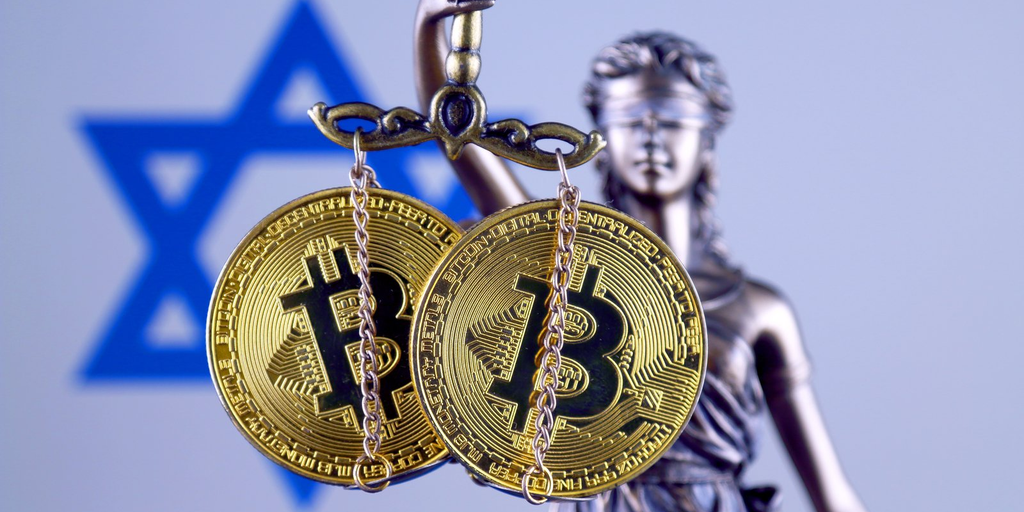Binance does not blindly comply with requests by the Israeli military to freeze crypto wallets belonging to Palestinians and others, the company’s head of financial crime investigations told Decrypt.
“We don’t just rely on one single source, or one single tool,” Nils Anderson Röed, Binance’s global head of financial investigations, said of how his team handles incoming requests from the Israeli Defense Forces (IDF).
In late August, Binance CEO Richard Teng forcefully denied allegations that the world’s largest crypto exchange had frozen the wallets of all Palestinian customers at the IDF’s behest.
Teng said in a subsequent interview with Decrypt that in the case in question, the IDF had asked Binance to freeze more than 1,500 wallets belonging to Palestinians. According to Teng, Binance found that only around 220 of those wallets, or 14% of those requested to be frozen, showed “legitimate” signs of being connected to illicit transactions in accordance with international law. Only those select wallets, Teng said, were ultimately blocked from transacting on Binance.
Speaking with Decrypt this week at the Messari Mainnet conference in New York, Binance’s Röed explained that his team runs independent open-source intelligence research parallel to that of governments like Israel, to cross-check in case disagreements arise about what constitutes “illicit” activity.
For example, Röed said, the IDF may claim a crypto wallet is linked to terrorism financing when Binance’s internal team instead has “information to believe that it might be linked to a charity.”
In such cases, according to Röed, his financial investigations team consults with Binance’s lawyers, and then again with the law enforcement body in question, to determine what steps to take next that are compliant with international law and do not encroach on users’ rights.
These conversations, for example, are what led to Binance rejecting 86% of the wallet seizure requests it says it recently received from Israel.
Röed, a cybersecurity veteran who previously investigated dark web crimes for both Europol and the Dutch government, says that Binance has allocated additional resources to make sure its investigations in hot button regions like the Middle East are up to snuff.
“We’re doing a lot of additional checks, especially with these kinds of very sensitive issues,” he said.
Daily Debrief Newsletter
Start every day with the top news stories right now, plus original features, a podcast, videos and more.
Credit: Source link




